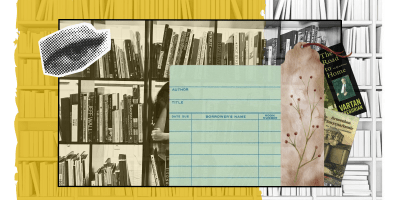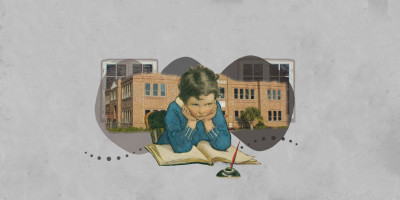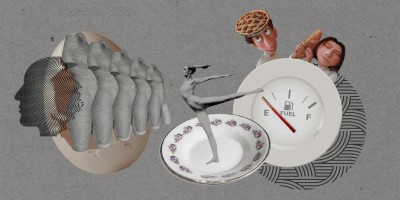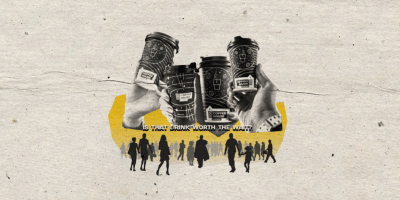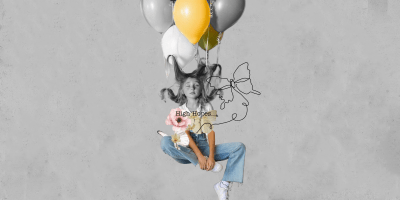
Have you ever felt frustrated and drained at the end of the day, even if you think there was nothing, in particular, that could have caused those emotions? There are actually so many indirect triggers that are responsible for making you feel this way. And being aware of them may help you pay more attention to your own behavior and make the world a better place for yourself and for everyone around you.
A social institution is constructed by norms, rules, and expectations which function to meet the needs of the members of an institution and maintain order. Commitment to an institution means signing up to follow these rules and not disrupt the order. However, rules are not always written on paper. We learn about them through socialization, and they become so internalized that we practice them almost unconsciously.
Bringing this concept into our regular lives and placing this in the context of AUA, a few observations are revealed. Some of these unwritten rules may be vividly expressed in a variety of situations and spaces and cause such collective behaviors that automatically create a disturbance.
The library is one of the spaces that host a variety of students. I always believed that a library is a place of escape from the noise pollution around us. The purpose of a library is to help us concentrate on our studies and work. It’s a place of enlightenment and knowledge production, and imagine how much smoother and more effective if just one important factor could be eliminated: noise, the extremely annoying combination of sounds that makes us so frustrated and drained. The merging of so-called whispers that together turn into a noise that reminds you of the chaotic school breaks; always the same people talking on their phones and solving the world’s urgent problems; and above them all, the group of 5-6 people who prepare their group presentations in the reading halls. Most of the time, these behaviors come along unconsciously, without those people having the intention to make others frustrated.
As soon as we start being conscious of our surroundings and about the purpose this place serves, only then will we maintain order and not cause disturbance for anyone else. So, before entering the library, it is important for each one of us to remember that this is a public study space that only serves its purpose when all of us hold the responsibility to keep it noise-free.
Classrooms, like libraries, are filled with intellectual, bright young people who enjoy the process of learning and meaning-making. In fact, some of them are so integrated into this process that they forget that a classroom is a space for everyone to express themselves equally. So they unconsciously take over their classmates’ speaking time. Eventually, those who actually want to express themselves but need time to construct their thoughts before articulating them end up being taken over by the most “talkative” students. This classroom dynamic creates an environment where some students feel discouraged to participate in the dialogue, and those who were the most talkative continue taking up other students’ talking time.
Showing interest and engagement in the classroom is an excellent way to learn and contribute, but it should not be done at the expense of your peers’ time and engagement. Before raising your hand and voicing your thoughts, think about how many times you have already contributed to the discussion and whether your opinion will have a significant impact on the discussion and boost even more ideas or not. If not, then maybe it would be better to wait and see if anyone else has an opinion on the matter. Being mindful of your peers’ presence and right to contribute speaks about your values and respect.
The unequal access to resources and rights is not only presented in the intellectual space but also very much in the physical space. For example, leaving your belongings wherever they do not belong is one of the most typical collective behaviors that create a huge disturbance for the community. It also includes taking up free computer desks in the labs and the library and leaving your things for a few hours, even if you don’t need the computer. Being a student who really needs the resource, in this case, the computer, and encounters the “free spaces” that are actually occupied by others’ belongings may cause frustration and waste of time.
An important thing that combines all the factors is respect. It comes with recognizing others’ presence and the nuances of public space and making sure that you, as an equal member of the community, have the exact same intake and outtake from the resources and freedoms of the space in both its physical and non-physical forms.

